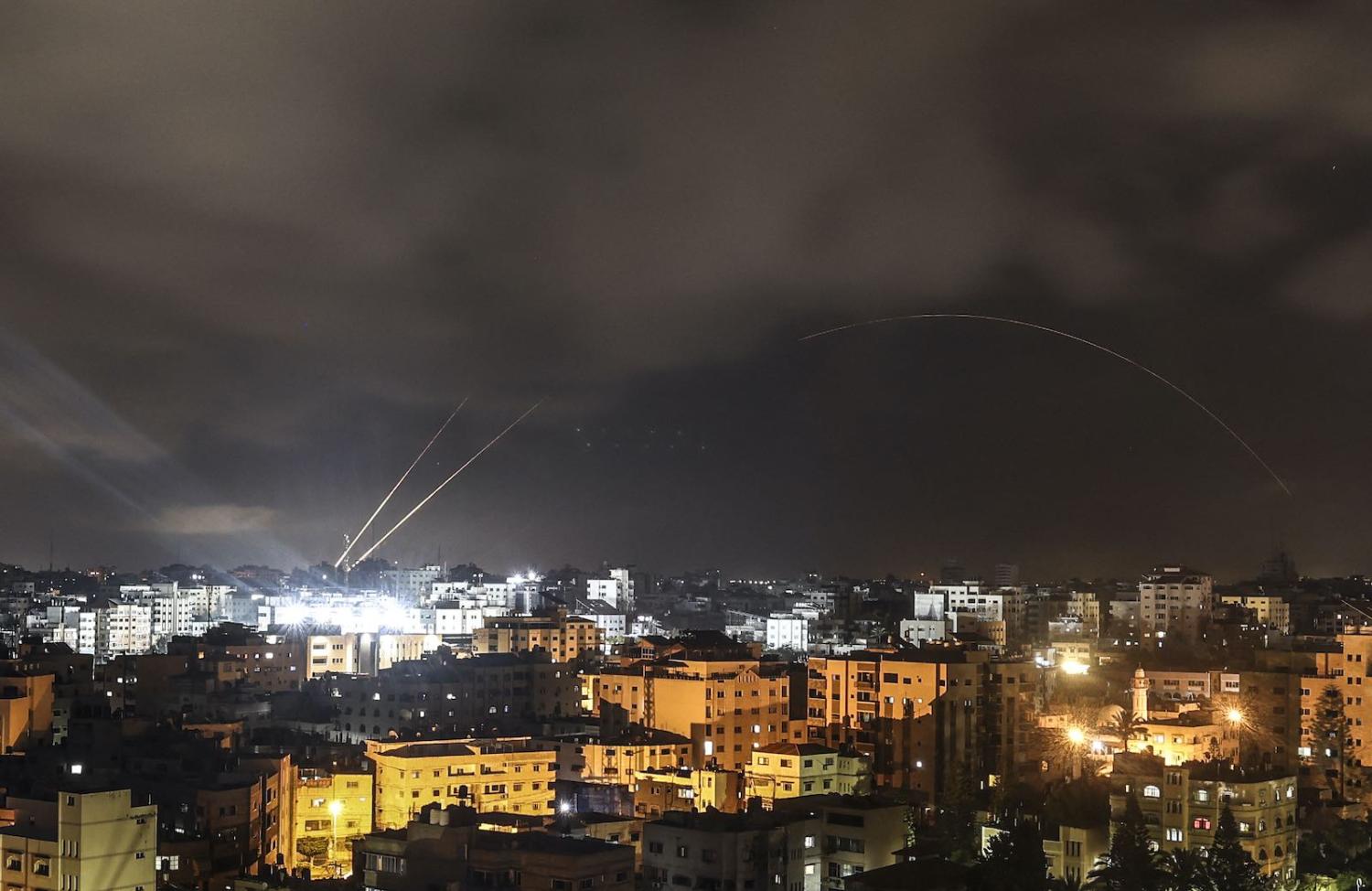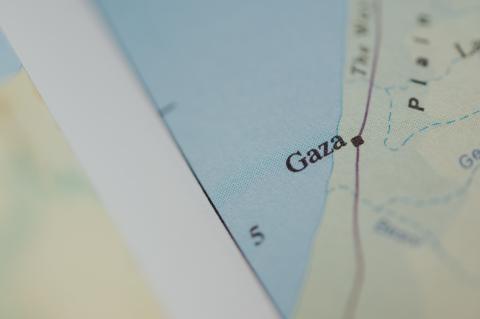For countries party to the so-called Abraham Accords – the series of diplomatic agreements that normalised relations between Israel and the United Arab Emirates, Bahrain, Sudan and Morocco and were much-lauded by the Trump administration – the latest outbreak of violence between Israel and the Palestinians has posed a difficult challenge. The missing element from the bilateral bonhomie that resulted across the past year from an exchange of ambassadors and promises of economic potential was always the Palestinian question.
Protests erupted in Morocco supporting Palestinians and condemning the agreement to normalise relations, with reports of demonstrations in Bahrain and in the UAE, along with an online backlash. Sudan sought to defend its decision, declaring its recognition of Israel had “nothing to do with the right of the Palestinians to create their own state”.
Back in September last year, when the UAE became the first Gulf state to sign a normalisation accord with Israel, it sought to assuage any feelings of unease about being portrayed as the country breaking Arab solidarity over support for the Palestinian cause by claiming that its decision had halted Israeli Prime Minister Benjamin Netanyahu’s threat to annex Palestinian territory. But this was a reach. Netanyahu was always unlikely to have carried out such a threat, even at the time of ardent support with the Trump family in the White House.
So deeper tensions in the region about the path taken by the Abraham Accord countries have played out through media reporting of the present fighting. Qatar’s Al Jazeera, for example, has run opinion pieces highly critical of the Abraham Accords in light of current events, as has Ankara’s TRT World.
The more the conflict shifts beyond Gaza, the higher the price that Arab rulers will likely have to pay politically.
Turkey’s foreign minister Mevlut Cavusoglu was even more pointed at a meeting of the Organisation of Islamic Cooperation, accusing the Abraham Accord countries of having “lost their moral compass” and undercutting regional solidarity. “If there are half-hearted statements within our own family,” Cavusoglu said, “how could we criticise others? Who will take our words seriously?”
For its part, the UAE has navigated the politics because of the heavy focus on Gaza. The UAE sees political Islam, be it under Hamas, which maintains control in Gaza, or other groups such as the Muslim Brotherhood, as an existential threat. And Gaza as a location does not echo with the same emotional response across Arab populations as does Jerusalem and the West Bank.
But scenes of West Bank protests and of Israeli security forces inside the al-Aqsa Mosque have been far more problematic for the Abraham Accord signatories.
The UAE joined criticism of Israel under the auspices of the Arab League and the Organisation of Islamic Cooperation, but it was accused, along with others, of being slow off the mark. An interview with the newly appointed Emirati ambassador after his recent arrival in Israel read poorly only a few days after it was published.
A reckoning over the Palestinian issue was always coming for those countries that signed the Abraham Accords – even if they didn’t think it would happen quite this quickly. While the emphasis on Gaza and Hamas in the present fighting has meant that countries such as the UAE, Morocco and Bahrain will be able to ride this present outbreak without significant domestic unrest, future conflicts may be more politically challenging. And it may also depend how long a promised ceasefire holds.
The more the conflict shifts beyond Gaza, the higher the price that Arab rulers will likely have to pay politically. And that lesson is unlikely to have been lost on Hamas, its supporters, or Palestinians more broadly. The seeds of a larger fight in the future may have been sown during this present conflict.

